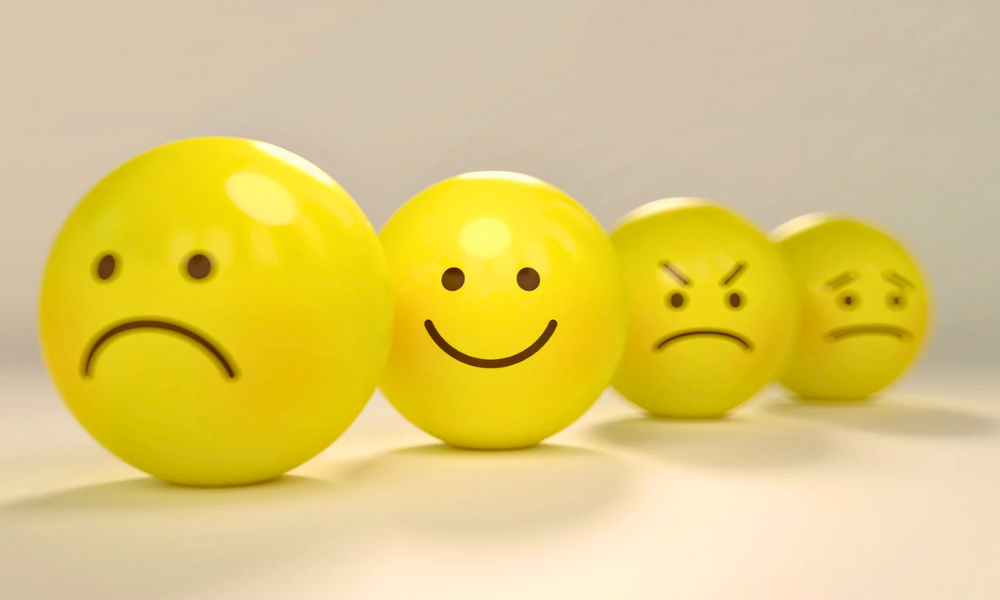
Advanced Psychology - The Psychology of What Makes Life Worth Living
All Genders Course; Fall Semester or Full Year Course
Course Overview
There’s a lot of pressure on young adults to “discover their passions” and “live lives of purpose.” Why? Because we want people to be happy and whole, which are states of being that have to be cultivated. Positive psychology is the scientific study of what makes life most worth living (Peterson, 2008), so understanding the traits and actions that lead to wellbeing and fulfillment are the focus of this class. Students collaboratively explore the building blocks of thriving, including research into gratitude, strengths theory, and the role played by positive emotions, engagement, relationships, meaning, and achievement (PERMA) in the development of lasting wellbeing. Throughout the first term, students engage in a series of positive activity interventions designed to give them a sense of how the theories can be applied to their own lives, and at the end of their study students create a podcast explaining how they have come to define and explain happiness for themselves.
“I couldn't emphasize enough how the weekly Gratitude Project has changed my perspective. I learned to seek happiness in the service of others, to appreciate every good thing that happens to me, regardless how small or big they are.”
Course Approval
This course is approved by the NCAA.
One Schoolhouse is fully accredited with the Middle States Association of Colleges and Schools and the Western Association of Schools and Colleges through December 1, 2025. We are an approved online publisher for the University of California.
Academic Program Teachers
Academic Program teachers are passionate about helping students flourish and thrive.
-

With small sections (averaging 15 students), teachers inspire, encourage, and instill confidence in their students.
-

Teachers are drawn from top independent schools across the country and participate in our extensive training on current research and best practices in online instruction methods.
-

Teachers are experts in their subject field and also highly qualified, with over 80% having a master’s degree or a terminal degree.
What Happens In The Second Semester?
Students wishing to pursue a psychology project may enroll in the course for the full year. For students continuing into Semester II, the course shifts into personalized, project-based work, where students engage in deep, sustained inquiry, authentic and iterative research, critical analysis, and rigorous reflection, revision, and assessment as they journey through a self-designed, long-term activism, design, or research project on the topic of their choosing. Guided by a One Schoolhouse teacher, students pursue individual study/self-assessment or collaborative seminar/peer-review. Pathway options from which students choose include:
Spring Activism Seminar
In this seminar, students identify a need and create a plan to effect economic, environmental, political, or social change in a target community. Utilizing a social science approach to research and evaluation, students are guided through the process of planning the deployment of a novel idea and identifying markers of success. Students may create a strategic plan for a club or non-profit or design an artistic product in this seminar.
Spring Design Seminar
In this seminar, students design a technological solution to a real-world problem. Through the engineering design process/scientific method, students gather and analyze data to determine the effectiveness of their model or the accuracy of their hypothesis. Students may prototype and produce a public product in this seminar.
Spring Research Seminar
In this seminar, students answer a theoretical or ethical question. Utilizing the social science/humanities tools for source evaluation, students collect, critique, and evaluate artifacts or primary source documents to explore their thesis. Students may create a written or multimedia product in this seminar.
Upon completion of their inquiry-driven project, students will have gained academic maturity and expanded their ability to engage in a diverse and changing world. They will be able to draw and defend conclusions from theoretical underpinnings, contextual background, and mathematical analysis or source evaluation. Finally, they will have created and tested something useful of their own design or will be able to defend a position based on their own research.




